Introduction:
Luxury perfumes have long been associated with elegance, sophistication, and an air of exclusivity. Behind the captivating fragrances that envelope our senses, lies an intricate world of scent creation and composition. Interestingly, many luxury perfumes predominantly utilize synthetic molecules in their formulations. This may come as a surprise to some, as natural ingredients often evoke a romanticized image of purity and authenticity. However, the use of synthetic molecules in luxury perfumery is not only a matter of practicality, but it also offers unparalleled artistic freedom and consistency in scent creation. In this article, we delve into the reasons why luxury perfumes embrace synthetic molecules and the benefits they bring to the world of fragrance.
- Versatility and Consistency:
One of the key advantages of synthetic molecules in perfumery is their versatility and consistency. Synthetic molecules can be precisely engineered to mimic or enhance specific scent notes, offering perfumers an extensive palette of possibilities. Natural ingredients, while exquisite in their own right, can vary in scent due to factors such as weather conditions, geographical origin, and harvest times. This variation makes it challenging to achieve consistent fragrance compositions, especially for high-end brands that strive for reliability and a signature scent. Synthetic molecules provide a reliable and consistent source of aromatic compounds, ensuring that luxury perfumes maintain their desired olfactory profile with every batch.
- Innovative and Unique Creations:
Luxury perfumery is an art form that constantly seeks innovation and unique creations. Synthetic molecules offer perfumers the opportunity to explore uncharted olfactory territories and create scents that push the boundaries of traditional perfumery. These molecules can be designed to evoke specific emotions or convey abstract concepts through scent. By combining synthetic molecules with natural ingredients, perfumers can achieve harmonious and complex compositions that captivate the senses. This blend of natural and synthetic materials allows for the creation of modern and avant-garde fragrances that embody the vision and creativity of luxury perfume houses.
- Sustainability and Ethical Considerations:
The use of synthetic molecules in luxury perfumery also aligns with sustainability and ethical considerations. Some natural ingredients, such as rare floral extracts, can be obtained through environmentally unsustainable practices or pose a threat to biodiversity. By utilizing synthetic molecules, perfumers can reduce the reliance on these scarce resources and promote sustainable practices. Additionally, synthetic molecules can be created through controlled laboratory processes, ensuring consistent quality and avoiding the need for animal-derived ingredients. This aligns with the growing consumer demand for cruelty-free and sustainable luxury products.
- Extended Longevity and Stability:
Another advantage of synthetic molecules is their ability to enhance the longevity and stability of fragrances. Certain synthetic ingredients are known for their exceptional longevity on the skin, allowing the fragrance to linger throughout the day. They also contribute to the overall stability of the fragrance, preventing oxidation and degradation over time. This ensures that luxury perfumes maintain their integrity and quality from the moment they are sprayed until the final dry-down.
Conclusion:
Luxury perfumes rely on synthetic molecules for their versatility, consistency, innovation, sustainability, and longevity. The use of these synthetic compounds offers perfumers an expansive range of possibilities, allowing them to craft complex and unique fragrances that define luxury brands. By combining synthetic molecules with natural ingredients, perfumers can create compositions that inspire and captivate, pushing the boundaries of traditional perfumery. While the allure of natural ingredients remains, the embrace of synthetic molecules in luxury perfumery demonstrates the harmonious marriage of art, science, and sustainability in the pursuit of olfactory excellence.


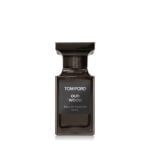
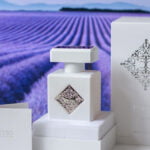
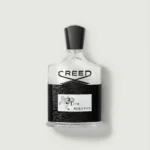
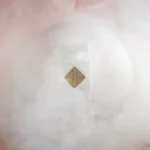
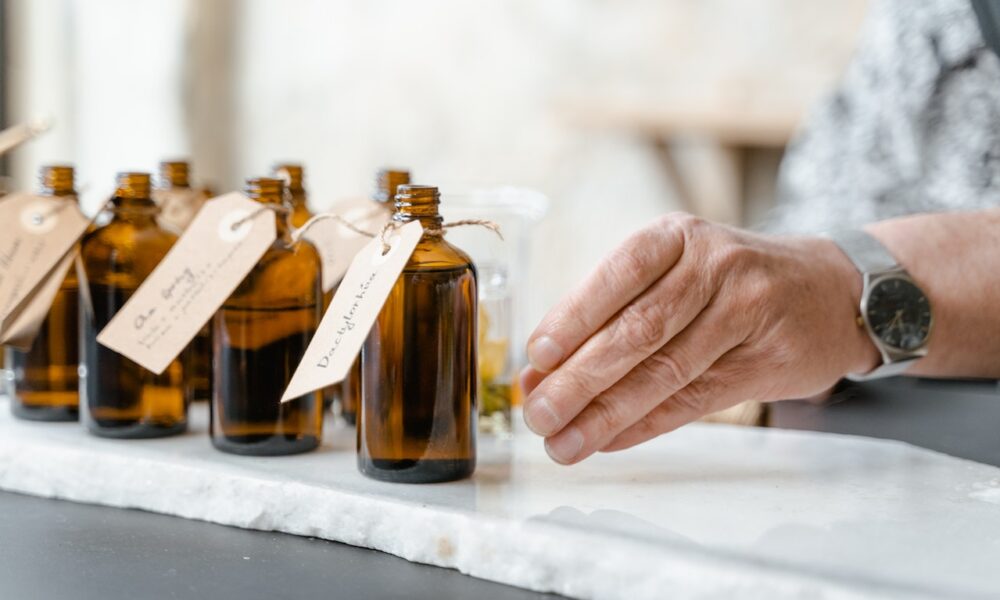
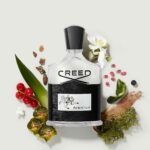
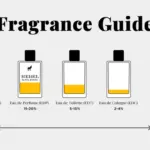
No Comment! Be the first one.